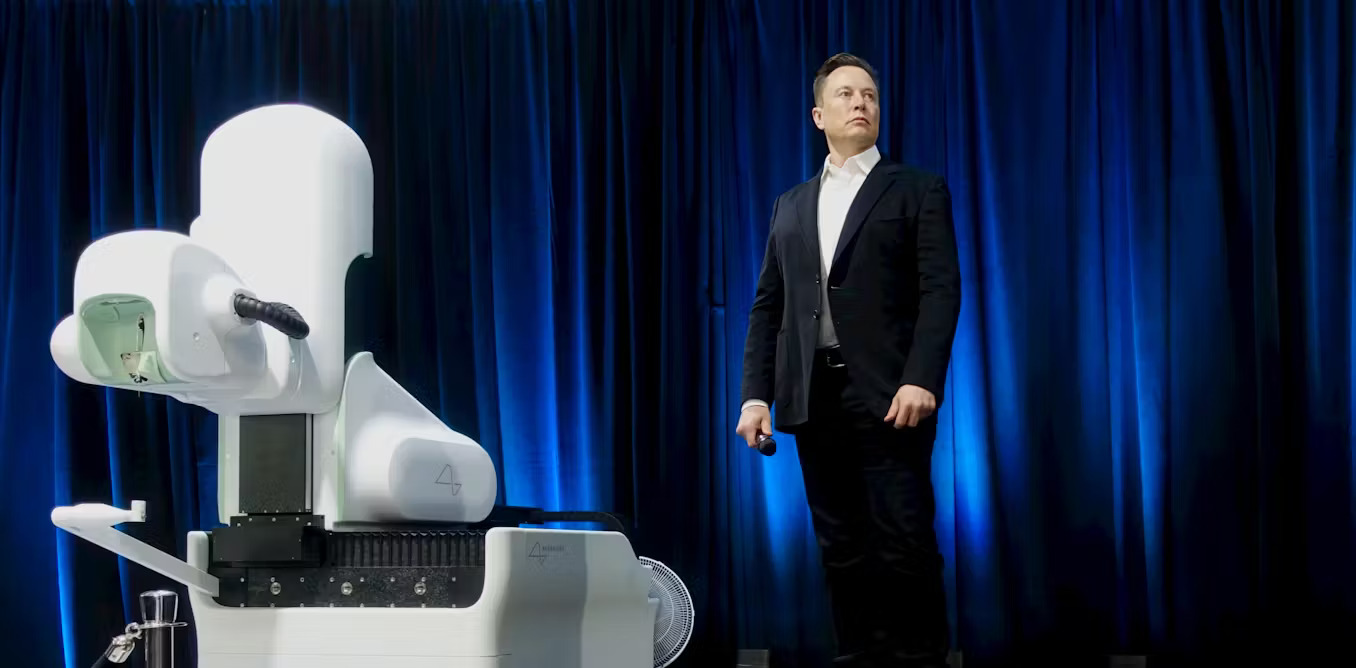U.S. Food and Drug Administration (FDA) inspectors uncovered deficiencies in record-keeping and quality controls for animal experiments at Neuralink, Elon Musk’s brain-computer interface startup.
The inspection, conducted last year, specifically flagged lapses at Neuralink’s California research facility, while its Texas site was cleared of issues.
The findings, disclosed by Redica Systems, a data analytics firm, highlighted missing calibration records for essential instruments and a lack of documentation for quality assurance procedures.

Neuralink, known for its brain implant technology aimed at aiding paralyzed patients, faced scrutiny following internal complaints about rushed animal testing. Although the FDA’s inspection did not result in severe penalties, it emphasized the need for improved practices ahead of human trials.
The FDA requires adherence to Good Laboratory Practice standards to ensure reliable scientific data collection for medical device development.
Concerns over animal welfare and protocol breaches prompted investigations by both the USDA and FDA, following complaints from staff and advocacy groups. While the USDA previously identified a violation dating back to 2019, the FDA’s focus was on ensuring compliance with regulations governing human trials.
Despite the inspection’s findings, Neuralink proceeded with its plans for human trials, citing approval based on its animal research data. Elon Musk announced the clearance for human testing in May, with the first patient receiving an implant in 2022.

However, the FDA’s inspection underscores the importance of stringent oversight to maintain data integrity and participant safety.
While the FDA has not disclosed the severity of the issues found during the inspection, it emphasized the routine nature of such evaluations to assure compliance with regulatory standards. With ongoing monitoring of trial participants and data integrity, the FDA aims to uphold safety standards in medical research.
Advocates stress the need for thorough inspections before approving human trials, urging proactive measures to prevent protocol violations that could jeopardize participant safety and data reliability.


















